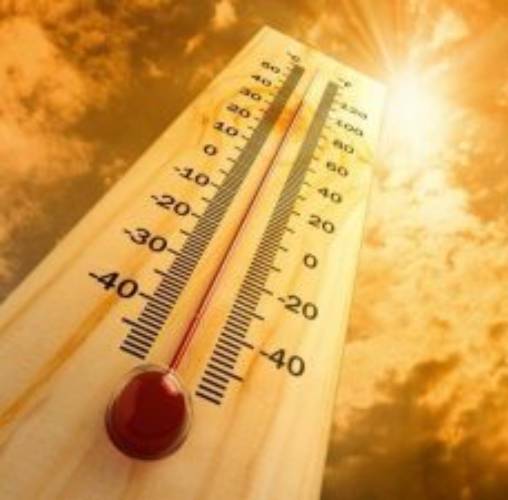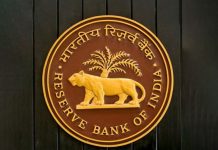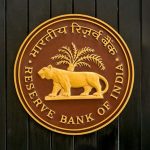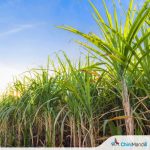Bhubaneshwar (Odisha): The Indian Meteorological Department (IMD) has issued a severe heat wave alert for Odisha as Bhubaneshwar recorded the season’s highest temperature at 43.6 degrees Celsius on Friday.
In a post on X, IMD said, “Severe heat wave conditions are likely at isolated places over Odisha during 18-19 April and heat wave conditions on 20-21 April, 2024.”
Speaking to ANI, Manorama Mohanty, Director, IMD Bhubaneswar, said Odisha’s capital city recorded a temperature of 43.6 degrees Celsius and that 27 cities in the State are witnessing temperatures above 41 degrees Celsius.
“The state has recorded the highest temperature in Bhubaneshwar at 43.6 degrees Celsius. Bhubaneshwar, Boudh and Angul witnessed temperatures over 43 degrees Celsius,” he further said.
While alerting the public about the heatwave conditions, Mohanty said, “On April 19, severe heat wave conditions will prevail while coastal areas will witness hot and humid conditions. There are even chances of warm nights. The heatwave will continue on April 20 and 21.”
“After April 21, people can experience some relief amid the forecast of rains, lightning, thunder, and gusty winds,” she told ANI.
When asked about the maximum temperature levels, Mohanty said, “The maximum temperature is expected to cross above 45 degrees Celsius for places like Mayurbhanj, Angul, Nayagarh, Balangir, and Kalahandi.”
A Yellow alert has been issued for Keonjhar, Mayurbhanj, Bhadrak, Balasore, Kendrapara, Jagatsinghpur, Cuttack, Khurda, Dhenkanal, Jajpur, Nayagarh, and Kandhamal.
Earlier on Wednesday, the Odisha government announced that all the schools in the state will be closed from April 18 to 20 amid the IMD’s forecast of a heat wave.
An ‘yellow alert’ advises people to remain updated. During the yellow alert, there is a warning of heatwave conditions at isolated pockets persisting for two days.
As per the weather department, that alert indicates that heat is tolerable for the general public but there can be moderate health concerns for vulnerable people like infants, elderly, and people with chronic diseases.
(With inputs from ANI)












